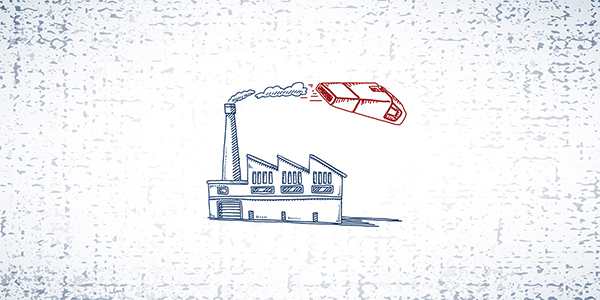
SENATORS TOUT GROWING SUPPORT FOR USE IT ACT
What the shale gas revolution has also proven is that technologies to capture, store and utilize carbon emissions from natural gas generation has already become vital to addressing climate change.
The Senate Environment and Public Works Committee held a hearing Wednesday on the bipartisan USE IT Act (S. 383), led by panel Chairman John Barrasso (R-Wyo.) and Sen. Sheldon Whitehouse (D-R.I.), which would make carbon dioxide pipelines and other infrastructure essential for carbon capture projects eligible for streamlined permitting.
Barrasso said it is a “practical, common-sense” bill “to turn carbon dioxide emissions into valuable products,” such as use in enhanced oil recovery, building materials and even medical purposes.
The bill, which is backed so far by 12 senators evenly split between the two parties, was approved in the EPW panel unanimously last Congress. “This Congress we want it signed into law,” said Barrasso, likening it to the same type of bipartisanship that led to the Nuclear Energy Innovation and Modernization Act (NEIMA) becoming law this year. Both those bills meet the goal that “America should reduce emissions through innovation, not punishing government regulation,” Barrasso said.
Whitehouse said the bill is a worthy sequel to last year’s extension and fix of the 45Q carbon capture tax incentive that will help private sector efforts - including one by Occidental Petroleum to capture carbon from two ethanol plants and movement by NET Power to set up the first commercial-scale zero-emission natural gas plant. “So things are already moving,” Whitehouse said.
A bipartisan House version, H.R. 1166, is led by Reps. Scott Peters (D-Calif.) and David McKinley (R-W.Va.).
A report by Clean Air Task Force, which was represented by Managing Director Kurt Waltzer at Wednesday’s hearing, said 45Q will lead to significant deployment of technologies that can capture and store roughly 49 million metric tonnes of CO2 annually in 2030.
Meanwhile, ClearPath applauds the choice of Rep. Garret Graves (R-La.) to be top Republican on the House Select Committee on the Climate Crisis.
"This is yet another sign Republicans are focused on politically-practical and technology-inclusive climate solutions, such as carbon capture, advanced nuclear, energy storage and targeted federal R&D that have already attracted growing bipartisan backing," ClearPath Executive Director Rich Powell said. "We are confident that Rep. Graves will lead the climate committee with a fact-based perspective to fix this global problem and work alongside House Energy and Commerce ranking member Greg Walden and other thoughtful Republicans on the best solutions moving forward."
|